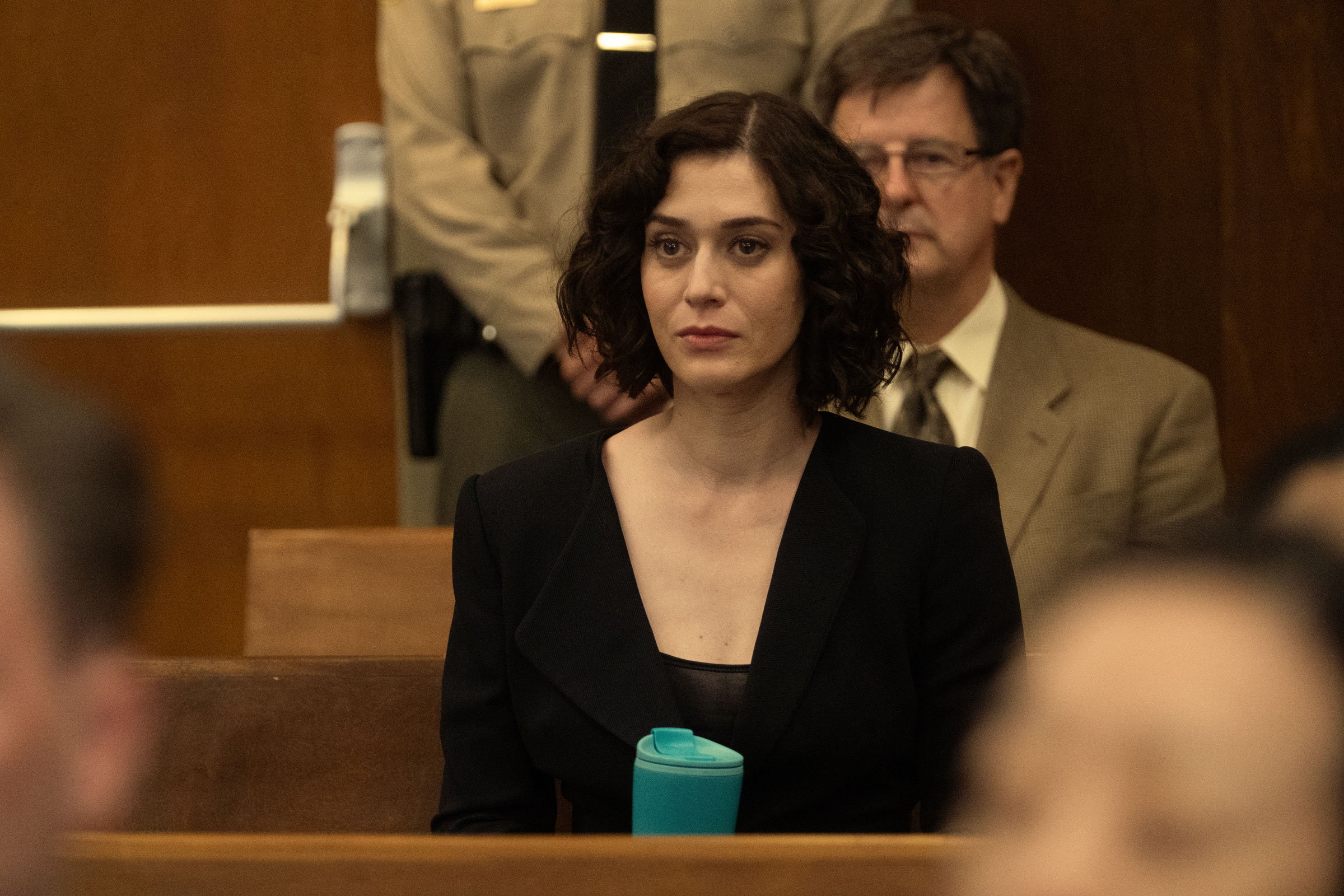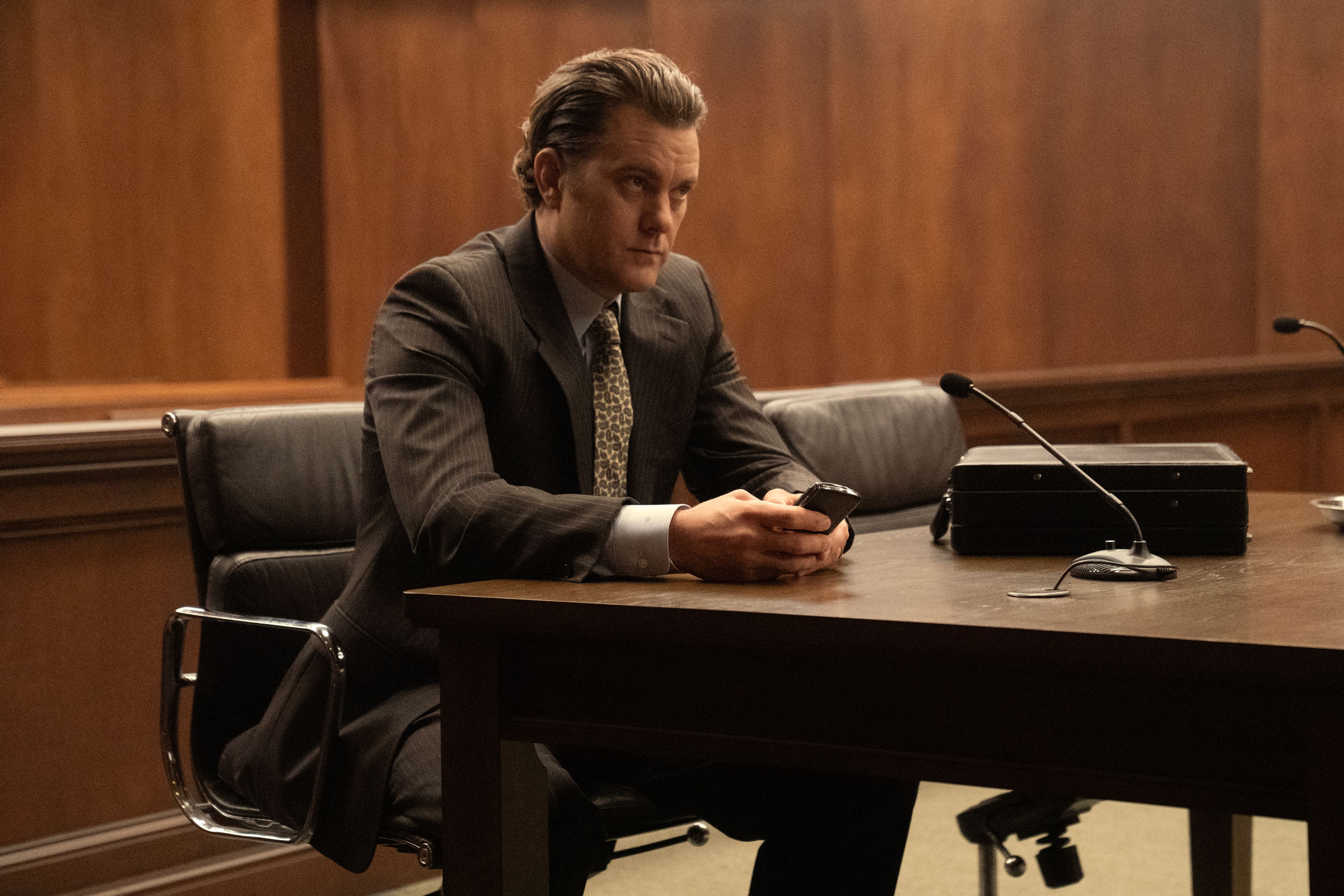
With his wife and young daughter away for the weekend, a married lawyer decides to sleep with an alluring book editor. What was supposed to be a one-night stand becomes a rapidly accelerating nightmare when the woman, who turns out to be dangerously unhinged, refuses to let him return to his comfortable family man’s existence. “I will not be ignored,” she warns him, and she means it. She harms herself, kidnaps his daughter, boils the little girl’s poor pet bunny—all for his attention. Finally, the editor tries to kill his wife, so he has to help his wife kill her instead. Her death is framed, mostly, as a relief. Succubus defeated. Normalcy restored.
This is the plot of Fatal Attraction, a wonderful and horrifying 1987 blockbuster from erotic thriller auteur Adrian Lyne that garnered six Oscar nominations and is remembered as the pinnacle of a subgenre that faded from prominence around the turn of the millennium. You couldn’t make precisely this movie again in 2023—in part because Hollywood has largely turned away from mid-budget releases for adults and in part because the material is dated. Conversations around sex, gender, and mental health have changed over the course of two generations. Which goes a long way towards explaining why Paramount+’s Fatal Attraction series is such a disaster.
Premiering April 30, the reboot casts Joshua Jackson in the role of attorney Dan Gallagher, originally played by erotic-thriller stalwart and avatar of ’80s yuppiedom Michael Douglas. In this update, Dan is a rising star in the Los Angeles County DA’s office who has everything going for him. Everyone agrees he’s a lock for a vacant judge’s seat. Wife Beth (Amanda Peet) and adorable daughter Ellen (played by Vivien Lyra Blair as a child and Alyssa Jirrels as an adult) put up with his long hours at the office. The couple has put their charming home on the market in order to trade up. But Dan, who is used to getting what he wants, starts to spiral when the judgeship goes to someone else. Drunk off self-pity as well as alcohol, he goes home with one Alex Forrest (Lizzy Caplan taking over Glenn Close’s iconic role)—who, in this telling, is a newly hired caseworker in the DA’s victim services office. The fact that she’s a less powerful colleague raises the affair’s stakes. Her instability is apparent the moment he tries to leave her bed.

That’s the past—and the story whose outcome millions of moviegoers already know. In a parallel timeline, we meet Dan just as he’s about to be paroled after serving 15 years for Alex’s murder. He makes a stirring speech to the parole board about how sorry he is for killing her, but it’s all a lie; in fact, Dan returns from prison fixated on proving his innocence. Although Beth has moved on, at his behest, he pursues a relationship with Ellen, now a grad student in psychology who calls another man Dad. Dan enlists a loyal friend and former colleague, Toby Huss’ Mike, to help him find the person who actually killed Alex. Then again, her body was never found, so it’s possible she’s still alive somewhere, celebrating her victory in the ultimate mind game.
It’s telling that the structure of this Fatal Attraction, helmed by writer, showrunner, and executive producer Alexandra Cunningham (Dirty John), so closely resembles that of Showtime’s unwatchable American Gigolo reboot, which also straddles a steamy past that culminated in murder and a present in which the antihero protagonist is on a quest to clear his name. The erotic thrillers of the 20th century waded into the murkiest realms of psychology, sexuality, and morality. Like Freudian dreams, their conclusions left plenty of room for interpretation. That was a big part of their appeal.
These days, especially post-#MeToo, many audiences—not just on the “woke” left, but also on the “redpilled” right—demand entertainment that echoes their values rather than challenging them. It’s a preference that conveniently dovetails with studios’ economic imperative to repurpose popular IP from the past, ideally stretching feature-film plots into multi-episode (or multi-season) streaming series to maximize subscribers’ viewing time. Occasionally, an inspired creator manages to use this pressure in service of a great idea; Amazon’s gender-swapped reboot of David Cronenberg’s cult classic Dead Ringers is a recent example. In the case of Fatal Attraction, though, the result is an excessively lengthy relitigation of Alex’s childhood and mental health and Dan’s straight-white-male privilege. Scripts mine Ellen’s study of Jungian concepts like the shadow self for philosophical weight, but this is largely prestige-TV window dressing. The moral of the story is more grade school than grad school: lying is bad.
The show’s thematic disappointments are exacerbated by structural ones. Episodes move abruptly between the past and the present (the tell, aside from Alex’s presence in flashbacks, is that Jackson’s post-incarceration curls are longer and grayer, like a guy who’s spent the last 15 years on the road in an indie-folk band). Scenes recur, filling in different characters’ perspectives on moments viewers have already witnessed but also muddying the timeline in a way that disrupts narrative momentum. Characters surface as red herrings throughout Dan and Mike’s investigation, contributing little more than additional runtime. The answers provided in the first season, which unfortunately lays groundwork for a second, struck me as virtually random.

The casting isn’t right, either. Caplan is a wonderful actress, and her performance is not, in itself, incompetent. But the wry, irreverent, downright reasonable intelligence she radiates in shows like Party Down and Fleishman Is in Trouble makes her a poor fit for a character who’s capable of doing the monstrous things Alex does. The writing, which works fine on the level of dialogue but struggles in fleshing out characters, doesn’t help. Alex’s mix of darkness, derangement, desperation, and Caplan-endowed relatability adds up to a personality that is fundamentally incoherent, not captivatingly complex. Cunningham can’t seem to decide whether she wants her to be a psychosexual aberration or a regular woman driven to extreme behavior by the men in her life. Jackson is convincing in scenes where his underwritten protagonist is in lawyer mode. Especially when compared with the explosive pairing of Douglas and Close, the chemistry between him and Caplan leaves much to be desired. While Huss, Peet, and Jirrels are all reliably solid in supporting roles, a few of the tertiary performances are distractingly bad.
It’s easy to see why Fatal Attraction seemed ripe for revisiting. The rare movie that dominated the box office, attracted lots of awards attention, and has, by now, lingered in the cultural conversation for nearly four decades, its cachet has increased at a moment when nostalgia for the heyday of erotic thrillers is peaking. As superheroes and dinosaurs and Na’vi delight PG-13 moviegoers, cinephile culture—from Karina Longworth’s You Must Remember This podcast to the Criterion Channel—has been gazing wistfully backward at a time when hero and villain were at least likely to go to bed together before one of them blew the other’s head off.
I get it; I’ve gone down the erotic-thriller rabbit hole, too. But we can’t retrofit the sexual mores of decades past to fit our current collective preoccupations and neuroses any more than we can exist simultaneously in 1987 and 2023. Alex Forrest is too vivid, too loaded, too captivating, too gynophobic a character to be forgotten. But today’s creators might be better off ignoring her.
More Must-Reads from TIME
- Cybersecurity Experts Are Sounding the Alarm on DOGE
- Meet the 2025 Women of the Year
- The Harsh Truth About Disability Inclusion
- Why Do More Young Adults Have Cancer?
- Colman Domingo Leads With Radical Love
- How to Get Better at Doing Things Alone
- Michelle Zauner Stares Down the Darkness
Contact us at letters@time.com